Author(s): Lucija Koren,Goranka Lalić Novak / Language(s): Croatian
Issue: 1/2022
The number of forcibly displaced persons in the world is on the rise, and the escalation of the conflict in the territory of Ukraine has contributed significantly to this increase. According to UNHCR estimates, more than 6.8 million people fled from Ukraine to European countries, and more than 6.6 million were displaced within Ukraine itself. The greatest burden of caring for displaced persons from Ukraine is borne by the neighbouring countries. The situation caused strong condemnations of Russian aggression and widespread expressions of solidarity with the humanitarian disaster, both in the EU and in the Republic of Croatia.In order to provide shelter and support to displaced persons, states have to use numerous resources of their national public administrations. The ability of a public administration to manage the reception and care of a large number of displaced persons can be viewed through the prism of administrative capacity, understood as a set of skills and competencies that a public administration acquires and uses in its work in order to facilitate and contribute to solving problems at the level of the entire administrative system or individual administrative organisations. In the context of the discussion about the problem-solving capacity of state and non-state actors involved in governance, Lodge and Wegrich (2014) consider the ways of using state resources and their connection with administrative capacities. For this purpose, they distinguish between four types of administrative capacity – regulatory, delivery, coordination and analytical. The paper analyses the response of Croatia to the mass influx of displaced persons from Ukraine since the escalation of the conflict in February 2022. The analysis was based on the concept of administrative capacity, applied to the reception and care of a large number of persons in humanitarian crises, and on the obligations of Croatia under the EU Temporary Protection Directive. This Directive regulates various obligations of EU member states in the event of the activation of temporary protection and the provision of a number of rights to displaced persons for the duration of the protection. The subjects of analysis are policy documents, regulations governing this area and the practice of public authorities. The paper is divided into four parts. The introductory part provides a general overview of the situation and statistical data on the number of people displaced from Ukraine, as well as an overview of the temporary protection institute as governed by EU regulations. It also states the purpose, subject and expected contribution of the paper.The second part provides a brief overview of the legal regulation of temporary pro¬tection in the context of the Croatian asylum system and analyses Croatia’s approach to aggression against Ukraine based on the most important documents of the key branches of government, the Croatian Parliament and the Government of the Repub¬lic of Croatia. Temporary protection is regulated within the framework of the Act on International and Temporary Protection, i.e., it is included as a kind of third form of protection within the asylum system. In practice, however, since the beginning of the acceptance of displaced persons from Ukraine, a clear distinction has been made according to the system of international protection (including asylum and subsidiary protection), both in terms of simplifying procedures and in relation to the authorities competent for coordinating the temporary protection system.The central part of the paper provides an overview of the administrative capacities of the Croatian public administration (at state and local levels) for implementing the legal institute of temporary protection in practice. Regulatory capacity refers to the ability to make timely decisions, regulations, strategic documents and other general and individual acts, at the state and local level, and the use of various instruments for better regulation. The results indicate that the regulatory framework in Croa¬tia was established in a remarkably short time, based on the coordinated action of key stakeholders who were tasked with implementing measures for the reception and care of displaced persons from Ukraine. Competent ministries timely and adequately informed the bodies under their jurisdiction about the content and implementation method of measures for the successful reception and care of displaced persons, issued decisions and instructions, and tasked other state administration bodies to regulate more closely the area of their activities related to the reception and care of displaced persons from Ukraine. Delivery capacities refer to the provi¬sion of services in certain sectors, that is, the implementation of certain rights from the scope of temporary protection in practice. The paper showed that, in a very short period of time, the competent ministries sent operational instructions to their de¬partments involved in the implementation of measures related to the reception and care of persons under temporary protection. The website “Croatia for Ukraine” was established in order to provide general information to displaced persons, stakeholders involved in the reception and care system, as well as citizens. Besides, a number of local self-government units took various additional measures to facilitate the re¬ception and stay of displaced persons in their communities. Coordination capacity includes connection and cooperation between various sectors (horizontal) and levels of government – local, regional, central, and European (vertical). Very quickly, various coordination mechanisms were established, which laid the basis for the efficient implementation of measures for the reception and care of displaced persons. Ana¬lytical capacity refers to the ability of a public administration to evaluate its system, predict future development and, as much as possible, supervise the implementation, data collection and development of mechanisms for planning, monitoring and evaluating the results of public policies and comparing achieved and planned goals and measures. The conflict in Ukraine and the consequent flight of the population is of a crisis nature, so it is not possible to fully predict the extent of the capacity to receive and care for people because it is not possible to foresee the number of people who will request temporary protection in Croatia, or the duration of the conflict, i.e., the dynamics of the return of displaced people to Ukraine or their departure to other EU member states. Furthermore, the relatively short period of time that passed from the escalation of the conflict to the moment of writing this paper affects the possibility of evaluating planned and achieved goals and measures. Therefore, the analytical capacity is analysed in relation to the following indicators: the collection and availability of statistical data on the number of displaced persons, the relationship between the influx of persons and the preparation of accommodation facilities, and the evaluation of the achievement of goals and measures based on the awareness of displaced persons about the rights granted under temporary protection and problems in exercising those rights.The fourth part includes concluding considerations. It is concluded that the admin¬istrative capacities of the Croatian public administration for implementation, regula¬tion and coordination proved to be sufficient for a timely and appropriate response to this type of humanitarian crisis. However, considering that only a few months have passed since the activation of temporary protection, it is too early to draw conclusions about the connection between the planned goals and measures and their practical delivery as monitoring and evaluation mechanisms are generally less developed in the Croatian public administration. It is concluded that several factors contributed to the quick and effective action of the competent authorities: solidarity with Ukraine and condemnation of Russia by all political bodies in Croatia and the EU, the proximity of the conflict, the demographic similarity of displaced persons and the local population, the experience of the Croatian War of Independence, and the general support of the Croatian citizens for helping displaced persons.
More...
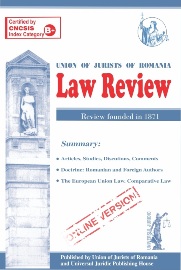

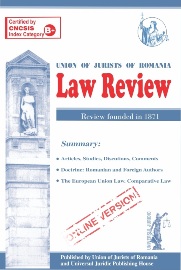
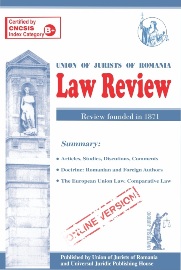
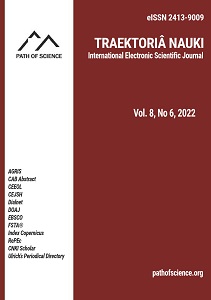
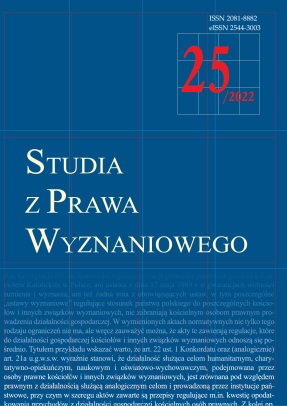
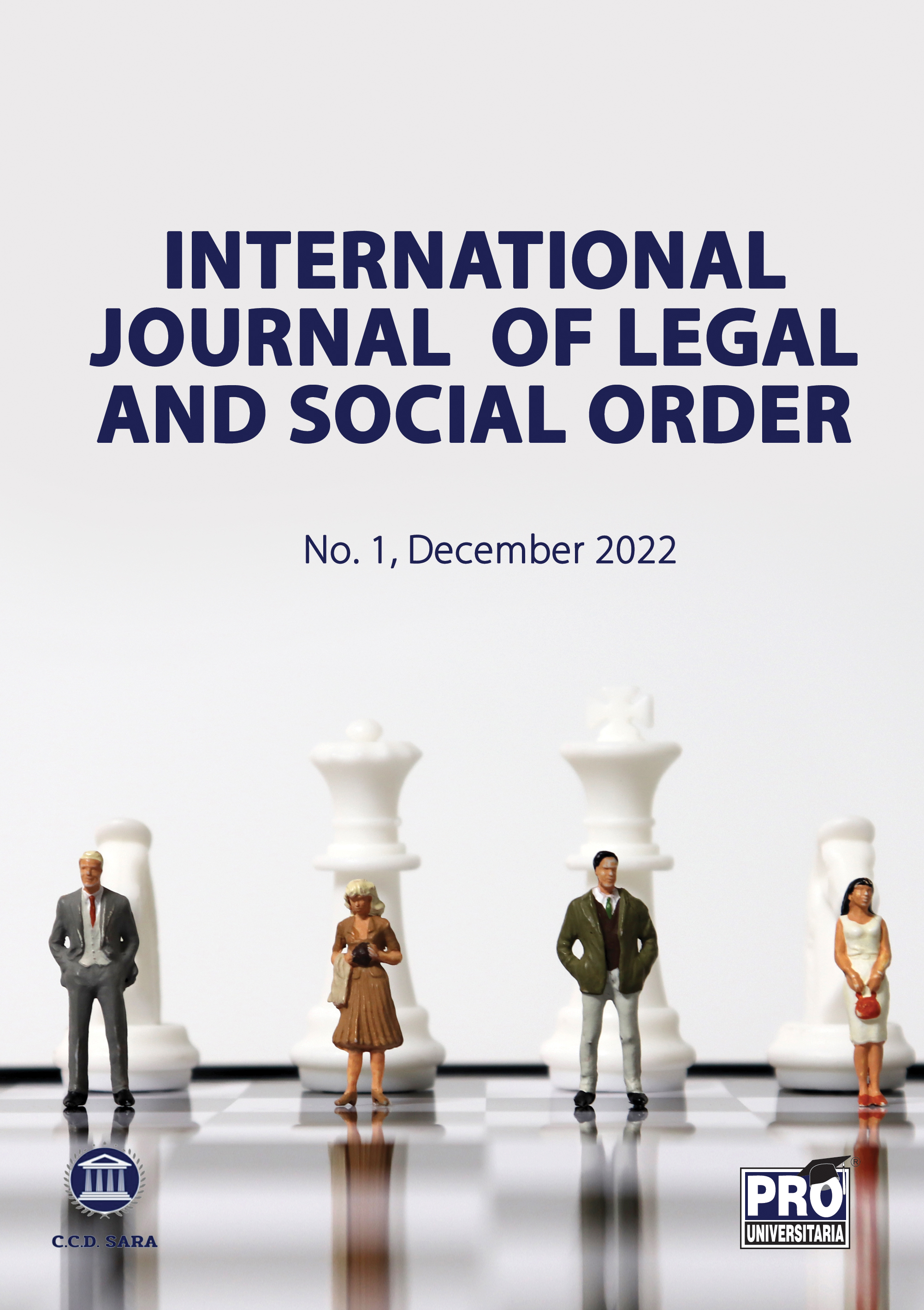
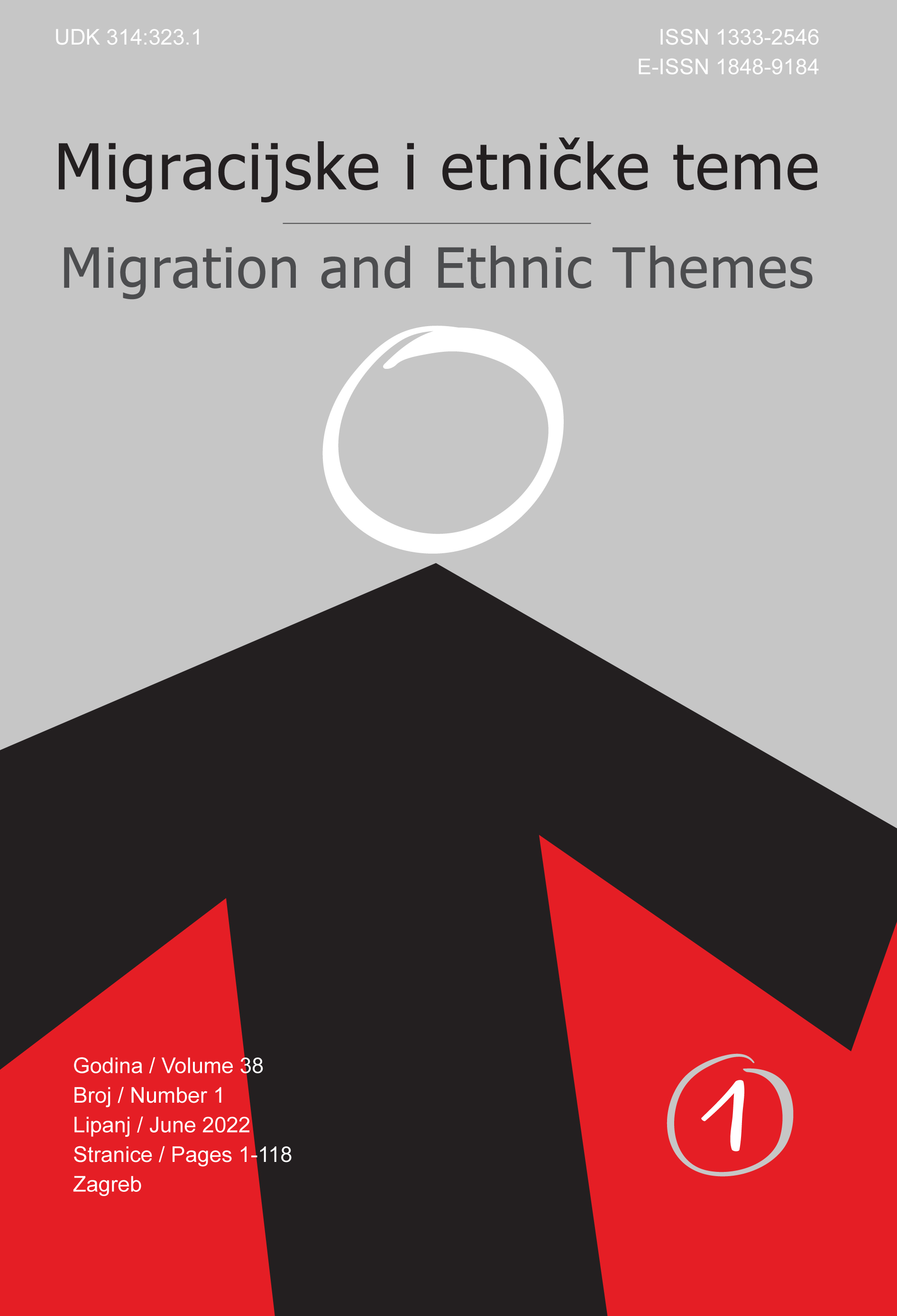
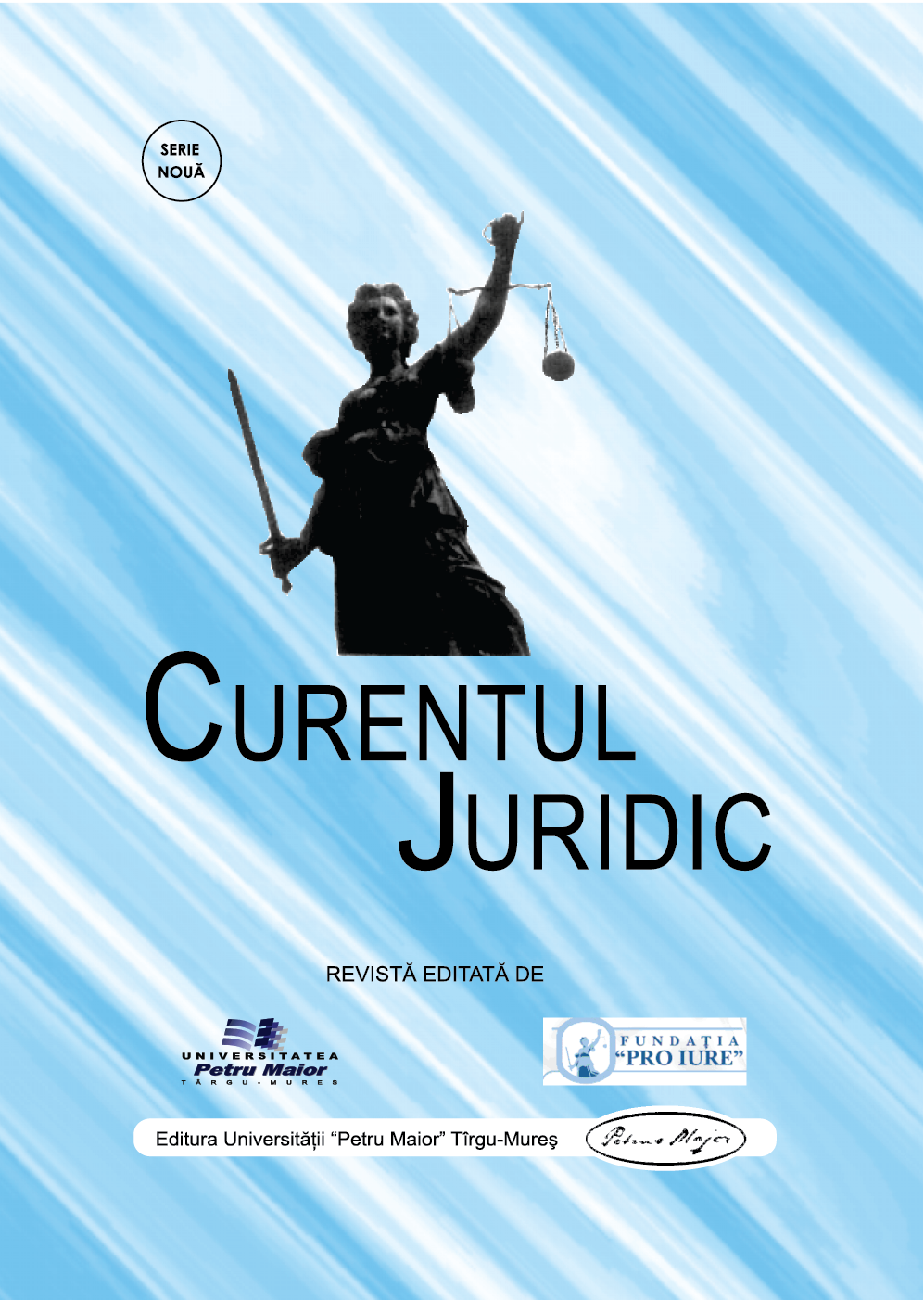
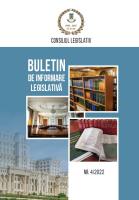

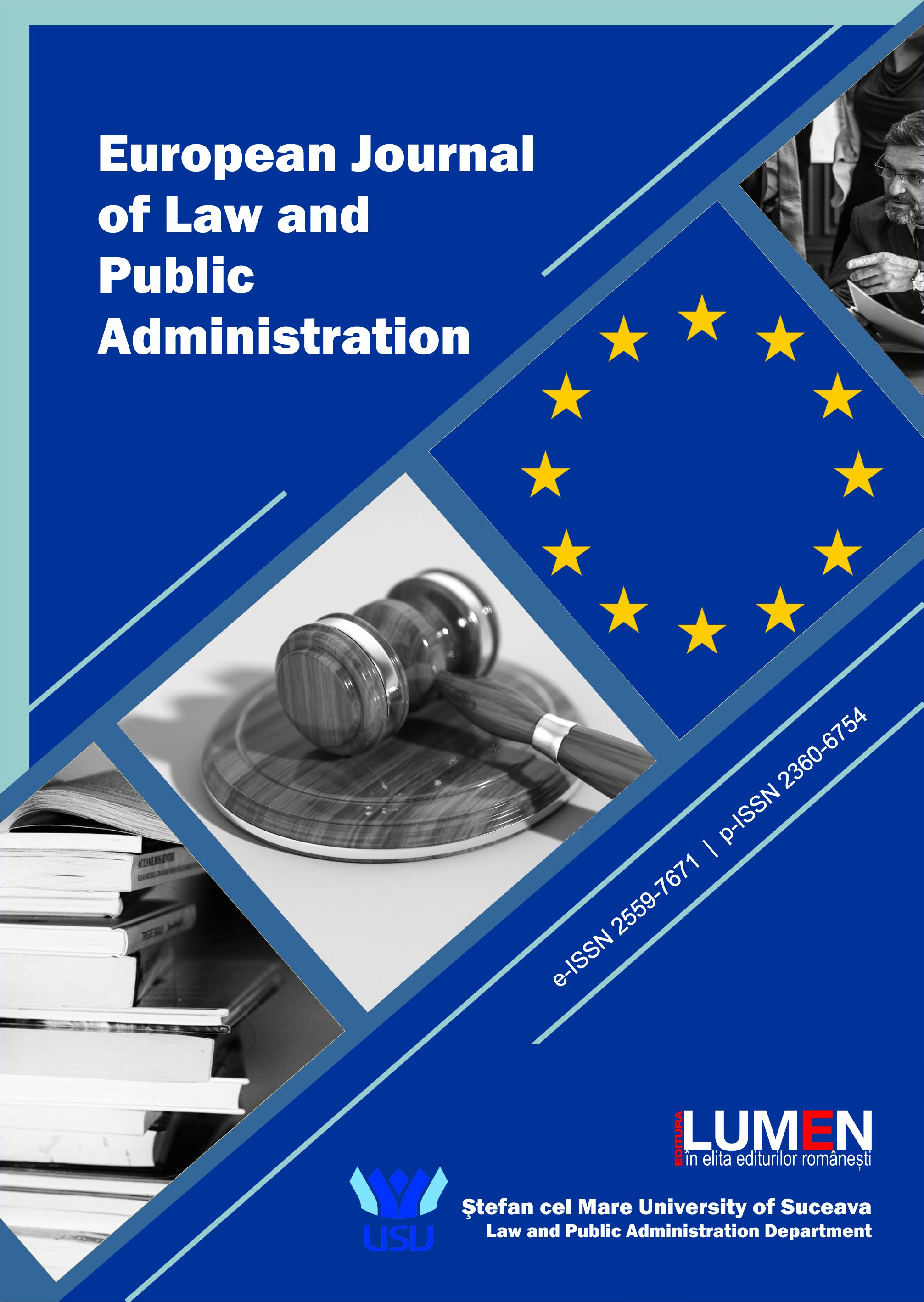
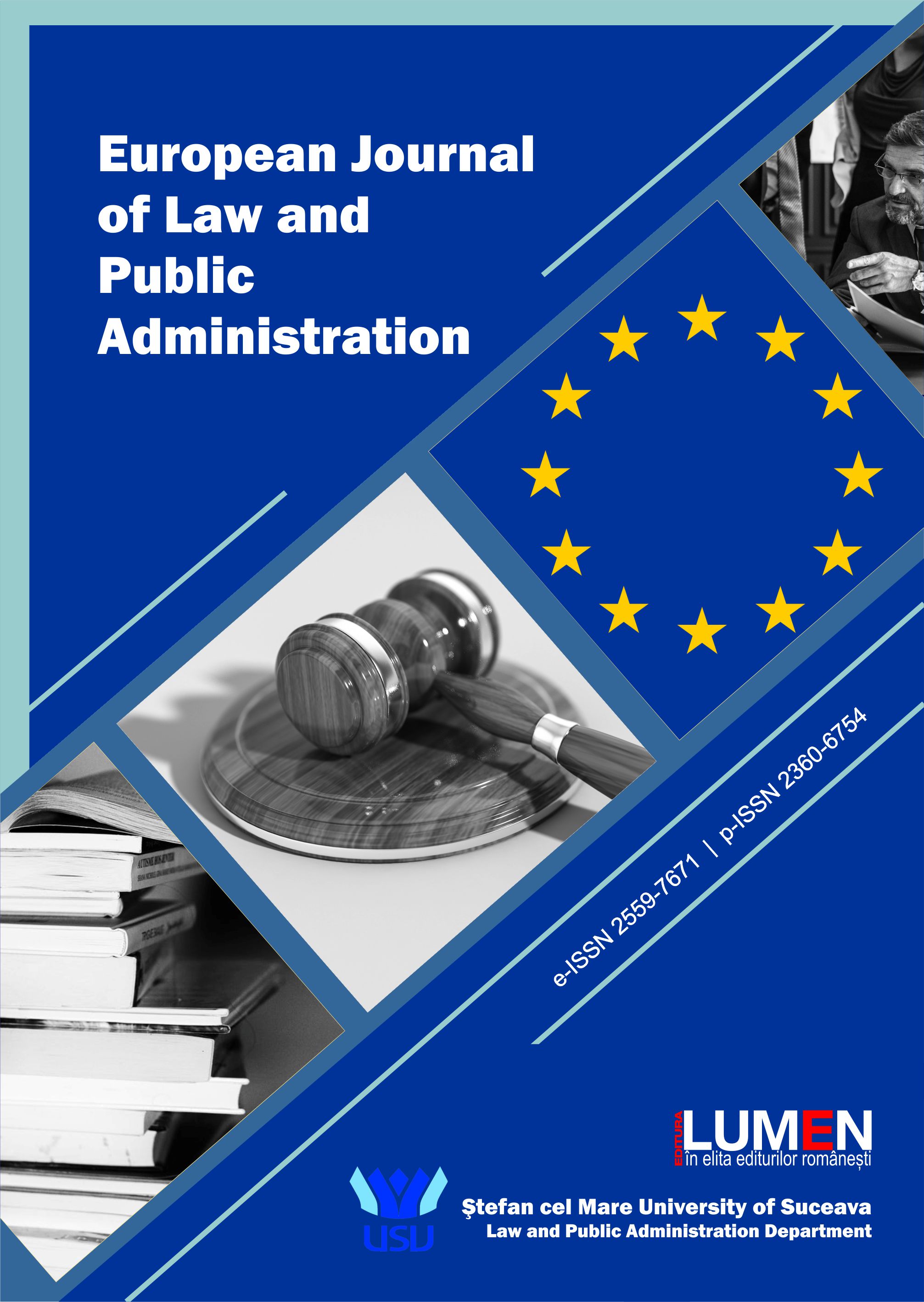

![Ioana Maria Costea, Contenciosul financiar si fiscal. Note de curs [Financial and fiscal litigation. Course notes]](/api/image/getissuecoverimage?id=picture_2022_71462.jpg)
